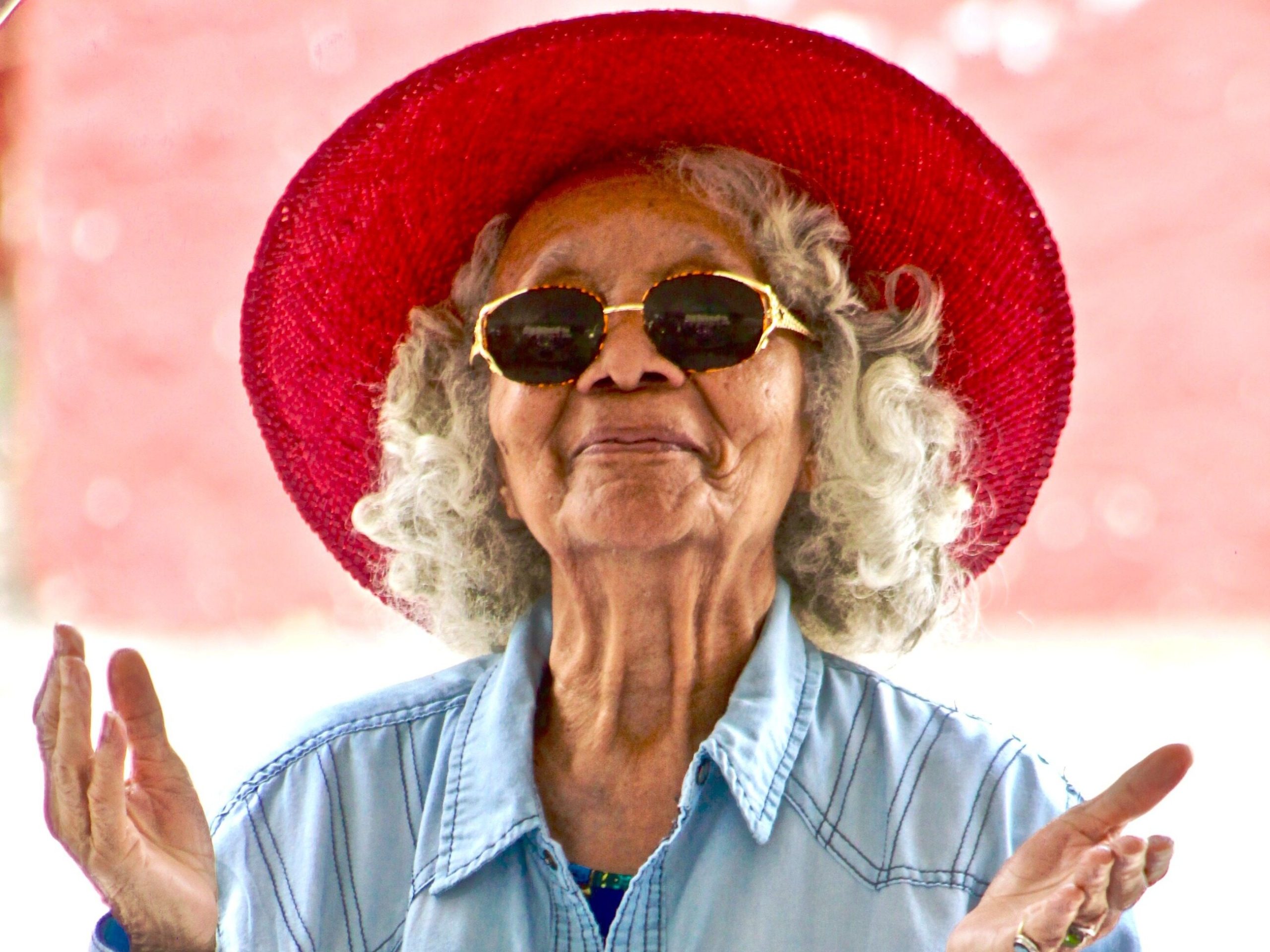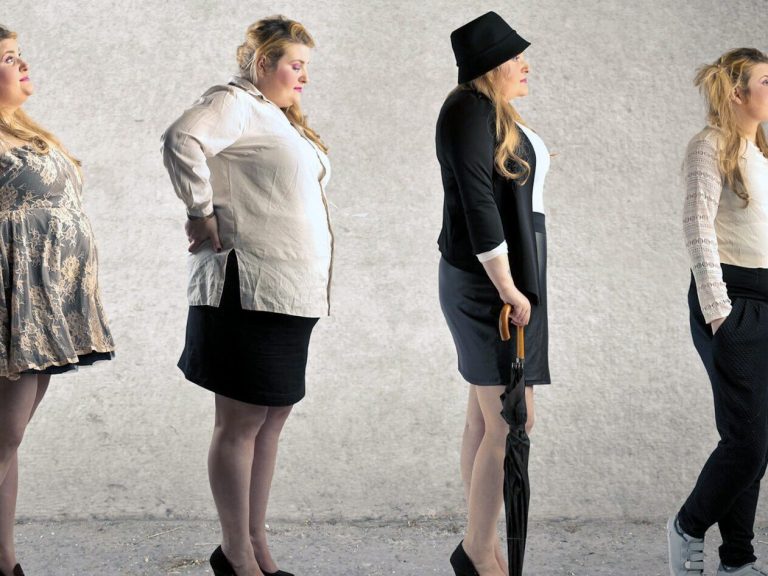They are a hundred years old and go to spas. The secret of the longevity of the Japanese

In Japan, no one is surprised to see a senior visiting a beauty salon or bathhouse. The number of centenarians in this country has been increasing for several years. What causes the Japanese to live longer than other people in the world?
The report “Life expectancy in 2021” by the Central Statistical Office shows that the average life expectancy of women in Poland is almost 80 years and men – 72 years. However, the average life expectancy of Japanese people is 88 years for women and 81 for men. That’s not all – there are over 90,000 centenarians in this country. What is the secret of their longevity?
Why do the Japanese live so long?
While in Poland, compared to 2019, the average life expectancy has shortened by about 2 years (this was related to the COVID-19 pandemic), the Japanese are doing very well. People in their country live the longest in the world. The record holders in this respect are the inhabitants of the island of Okinawa. Doctors, dieticians, psychologists and scientists from all over the world analyze the lifestyle and nutrition of the Japanese, trying to find a recipe for a long life in great shape. Their analyzes show that the key to success is a diet rich in antioxidants and flavonoids, and a leisurely lifestyle. Thanks to these factors, people in Japan are less likely to suffer from cardiovascular and metabolic diseases.
What is the Japanese diet?
People in Japan eat according to the principles of the DASH diet and the Mediterranean diet. They eat a lot of fresh, unprocessed products (mainly vegetables and fruits), with a low glycemic index but containing a lot of antioxidants. Thanks to this, most of the inhabitants of this country have a slim figure. Instead of meat, they eat a lot of fish and seafood. Their plates are dominated by rice (steamed), tofu, seaweed, and natto (fermented soybeans). They also like pickles and pickled fruit. They avoid fatty products (meat and dairy). They do not eat until they are full (they consume about 1,800 kcal per day), in accordance with the principle of “hara hachi bu”. These words can be translated as follows: “Belly 80 percent full.”
Other ways the Japanese maintain their longevity
The inhabitants of Japan, especially the island of Okinawa, assume that an active person is a happy person. Therefore, they always try to have something to do that fills their time and at the same time gives them satisfaction. Their faces are often filled with a calm, unforced smile, resulting from their acceptance of the passage of time. Integration with people, activity (walks, gardening) and passions (e.g. playing chess, origami) help in this.
Facilities for seniors in Japan
An interesting fact is that in Japan (especially in Tokyo) there are special stores for seniors, where – in addition to special food products or clothes – they can buy wheeled suitcases, wigs and furniture. There are more and more services for seniors – massage and beauty salons, SPAs, hairdressers and cafes. This is in no way a form of segregation from the younger generation – family ties are very strong in Japan. Creating places for older people aims rather to integrate seniors and provide them with a sense of security.






